Impeached South Korean President Yoon Suk Yeol has vowed to "fight to the end" against "antistate forces," rallying his supporters while authorities prepare to execute a detainment warrant against him.
The warrant, issued by a Seoul court on Tuesday, is part of an investigation into Yoon's short-lived martial law declaration on Dec. 3, which has been criticized as unconstitutional and potentially rebellious.
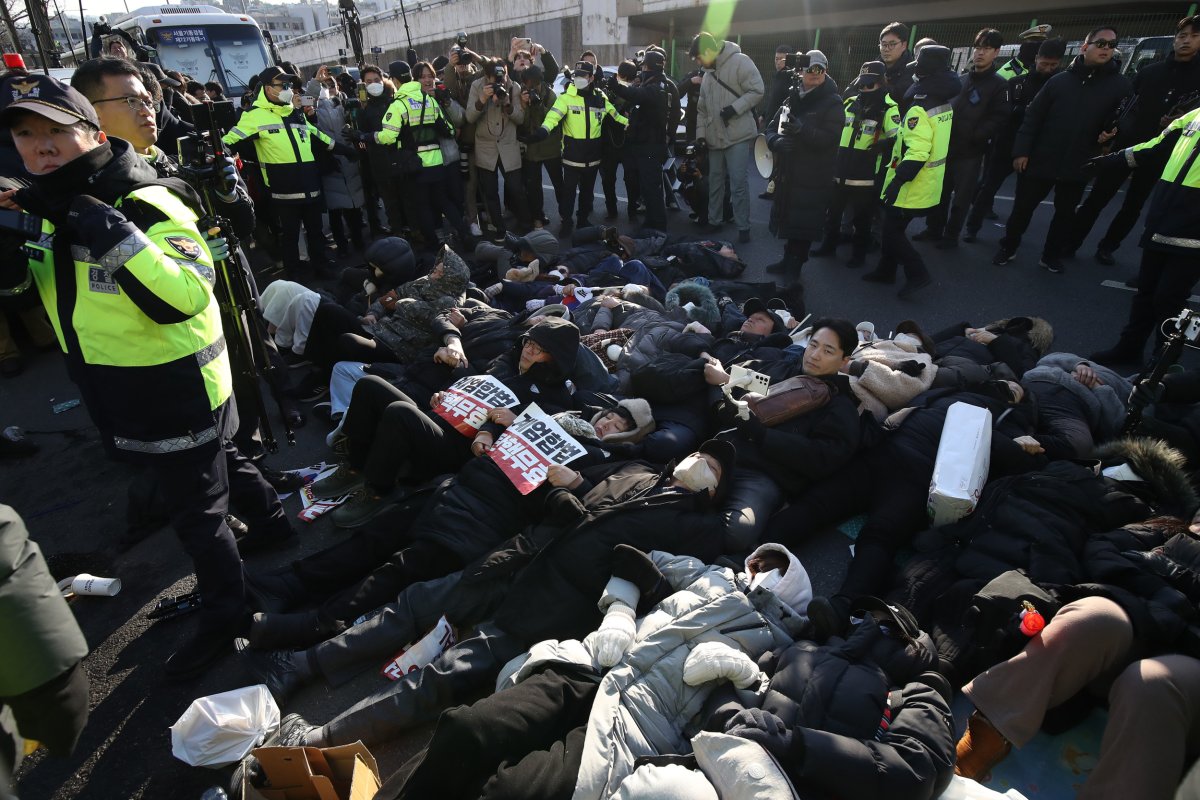
Why It Matters
Yoon's declaration of martial law has plunged South Korea into a political and constitutional crisis. His impeachment by the National Assembly on Dec. 14 resulted in the suspension of his presidential powers, with his fate now resting on a decision by the Constitutional Court. If convicted of rebellion, a charge he denies, Yoon could face life imprisonment or the death penalty.
The controversy has also strained South Korea's political system, halting high-level diplomacy, rattling financial markets, and spotlighting weaknesses in its governance structure. This case marks the first time in South Korean history that a sitting president has faced a detainment warrant.
What to Know
The warrant is valid until Jan. 6, with law enforcement agencies debating how to proceed without igniting clashes with Yoon's security team. Yoon's lawyers have also filed a legal challenge to block the warrant, arguing it exceeds the anti-corruption agency's legal authority.
Yoon declared martial law last month, citing threats from "antistate forces," a term he used to describe the liberal opposition Democratic Party. Hundreds of troops were deployed, but lawmakers successfully voted to overturn the decree after just six hours.
The Corruption Investigation Office for High-Ranking Officials (CIO), working with police and military investigators, is probing whether Yoon's actions constituted rebellion. The Democratic Party has called for the immediate execution of the warrant and criticized Yoon for inciting supporters to obstruct justice. Thousands of his backers have rallied near his residence, chanting slogans and blocking roads. Many have taken to waving South Korean and American flags while chanting, "Nullify the impeachment!" and "We will protect President Yoon Suk Yeol!"
Yoon's lawyers argue that the detainment warrant is invalid because it bypasses laws that protect sites linked to state secrets from searches without consent. Meanwhile, critics accuse Yoon of abusing his security detail and public support to avoid accountability.
Despite repeated summonses, Yoon has refused to appear for questioning, and his presidential security service has blocked searches of his office and residence.
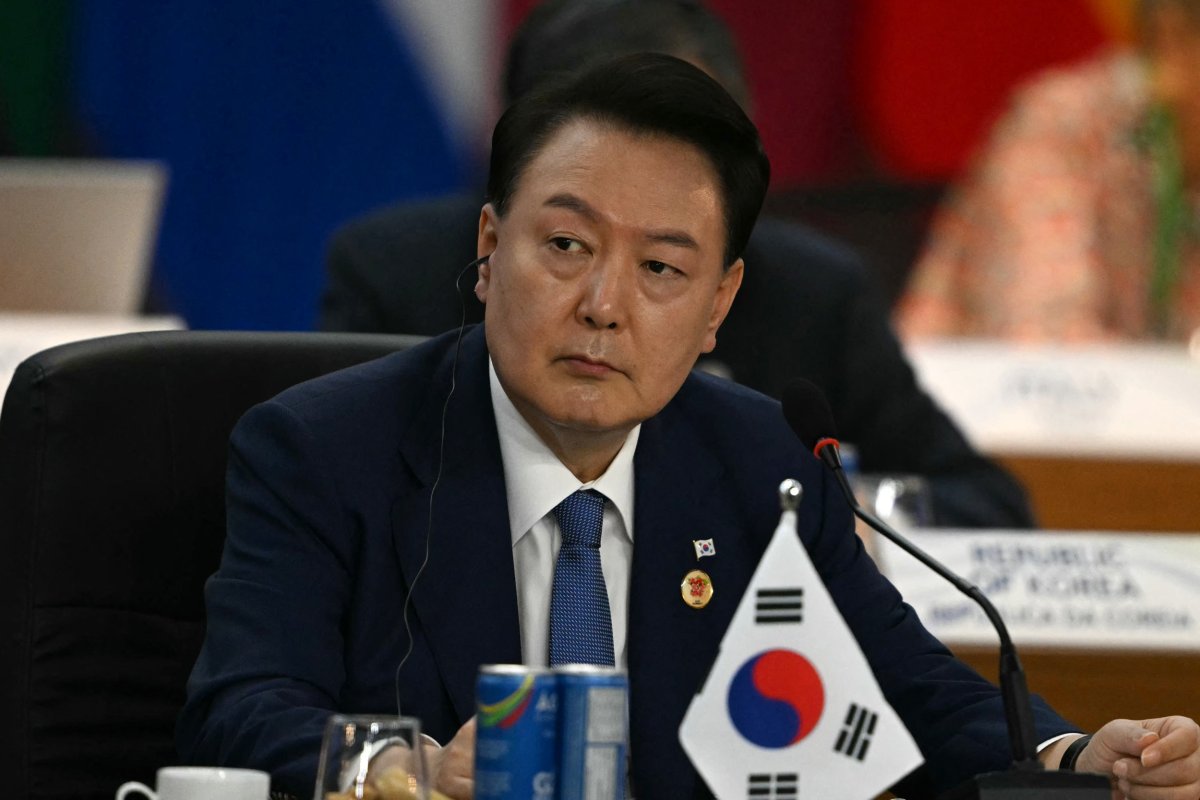
What People Are Saying
Yoon Suk Yeol, impeached South Korean President told supporters outside his residence on Wednesday that he would continue to fight against antistate forces "violating our sovereignty" and putting the nation in "danger." He applauded his supporters for their efforts to protect "liberal democracy and constitutional order" and said he was watching their protests via YouTube streams, according to a photo of the message shared by Yoon's lawyers.
Park Chan-dae, Democratic Party Floor Leader said in a statement: "The Corruption Investigation Office must detain him immediately, and the presidential security service must cooperate with the lawful execution of the detainment warrant [ …] They should be aware that obstructing the execution of the detainment warrant could result in punishment for interference with official duties and complicity in rebellion."
Choi Jin, director of the Seoul-based Institute of Presidential Leadership said: "Unless Yoon voluntarily lets them detain him, there is no way to detain him. Should investigators have hand-to-hand fights with the security service?"
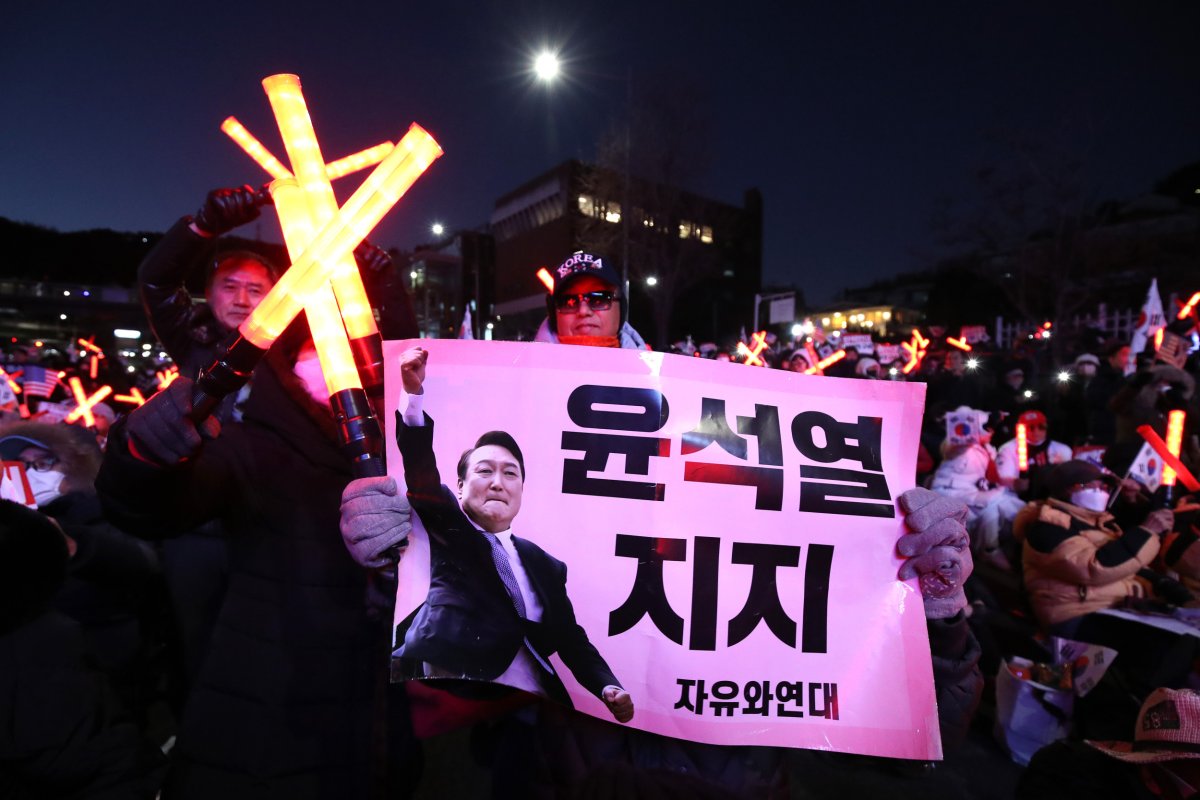
What Happens Next
The Constitutional Court is deliberating on whether to uphold Yoon's impeachment. A decision to formally remove him from office requires a two-thirds majority among the nine justices. If upheld, a new presidential election must be held within 60 days.
The CIO has until Jan. 6 to execute the warrant. If they succeed in detaining Yoon, they will have 48 hours to either request a formal arrest or release him. Meanwhile, acting President Choi Sang-mok has made judicial appointments to potentially increase the likelihood of Yoon's impeachment being upheld.
This article includes reporting from The Associated Press





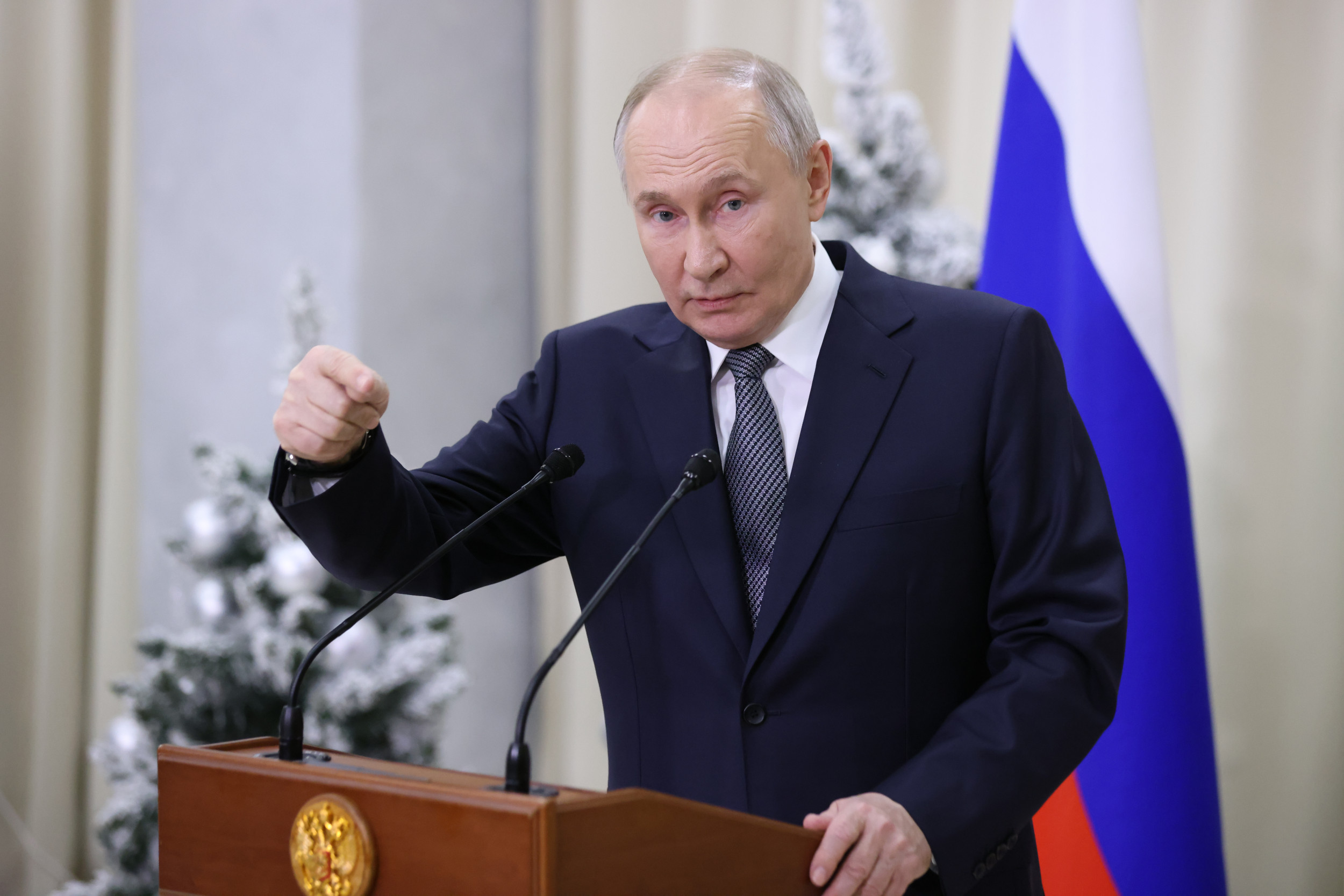


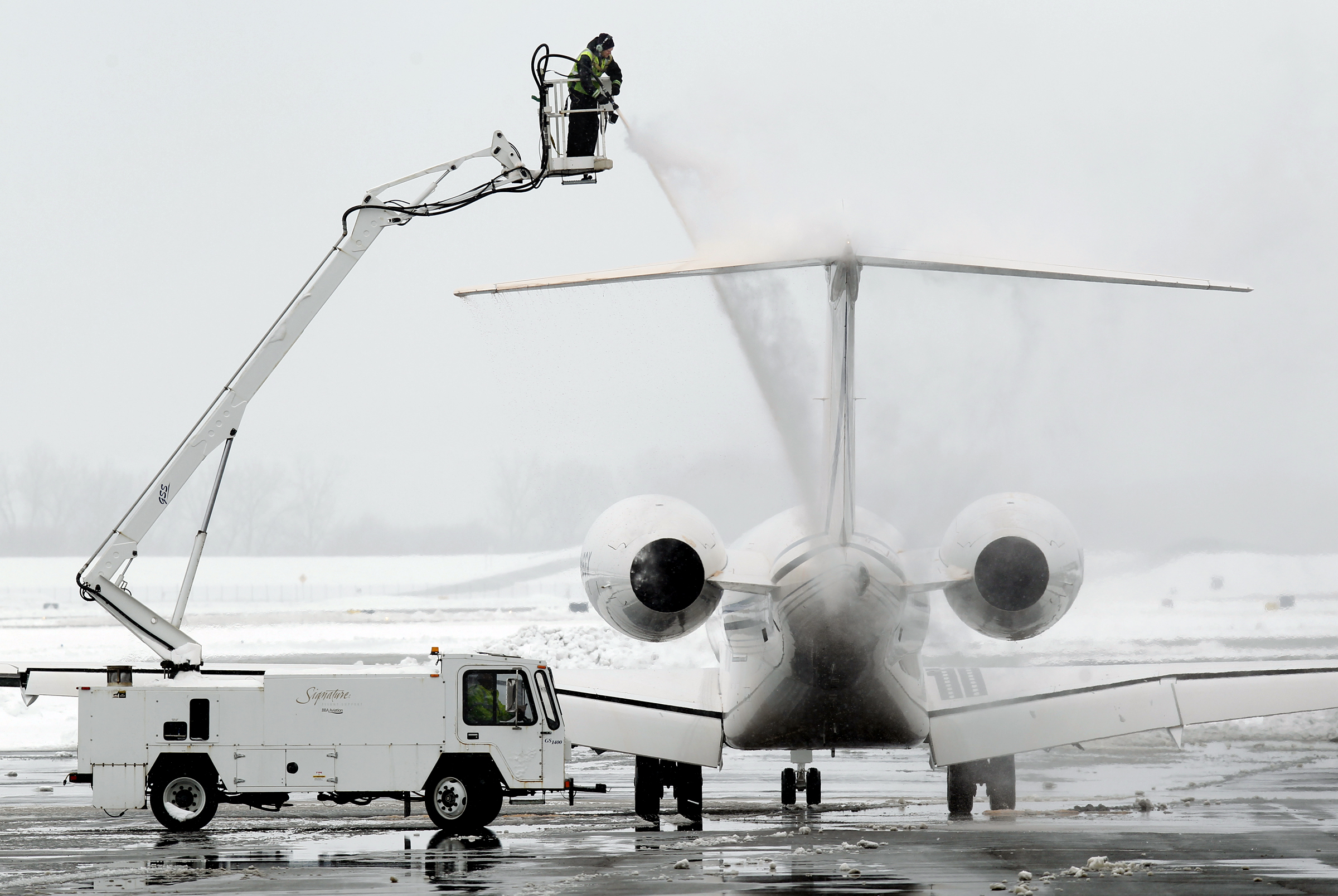


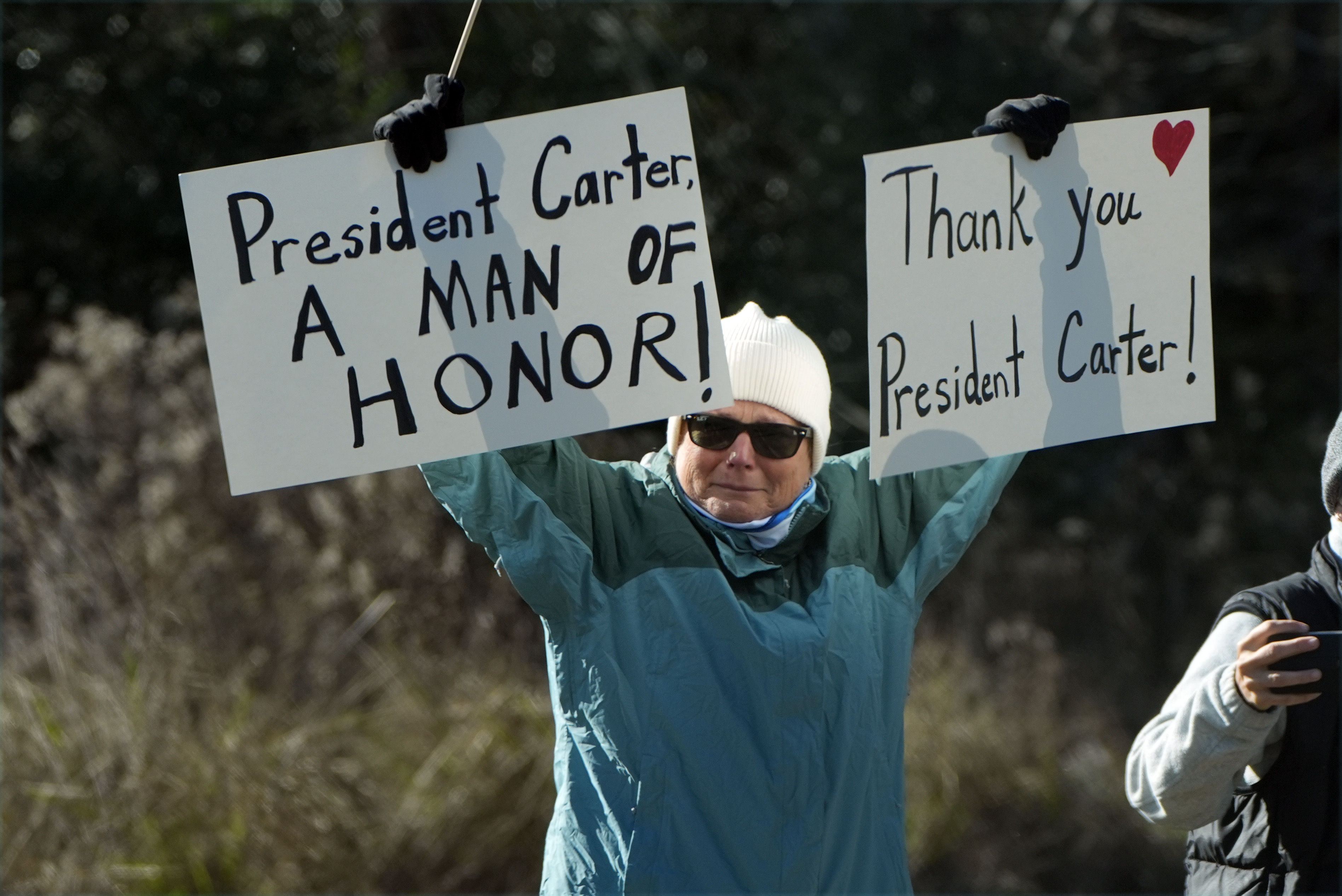







:quality(85):upscale()/2024/04/24/878/n/3019466/36c5693c662965c5d1ce91.72473705_.jpg)
 English (US) ·
English (US) ·